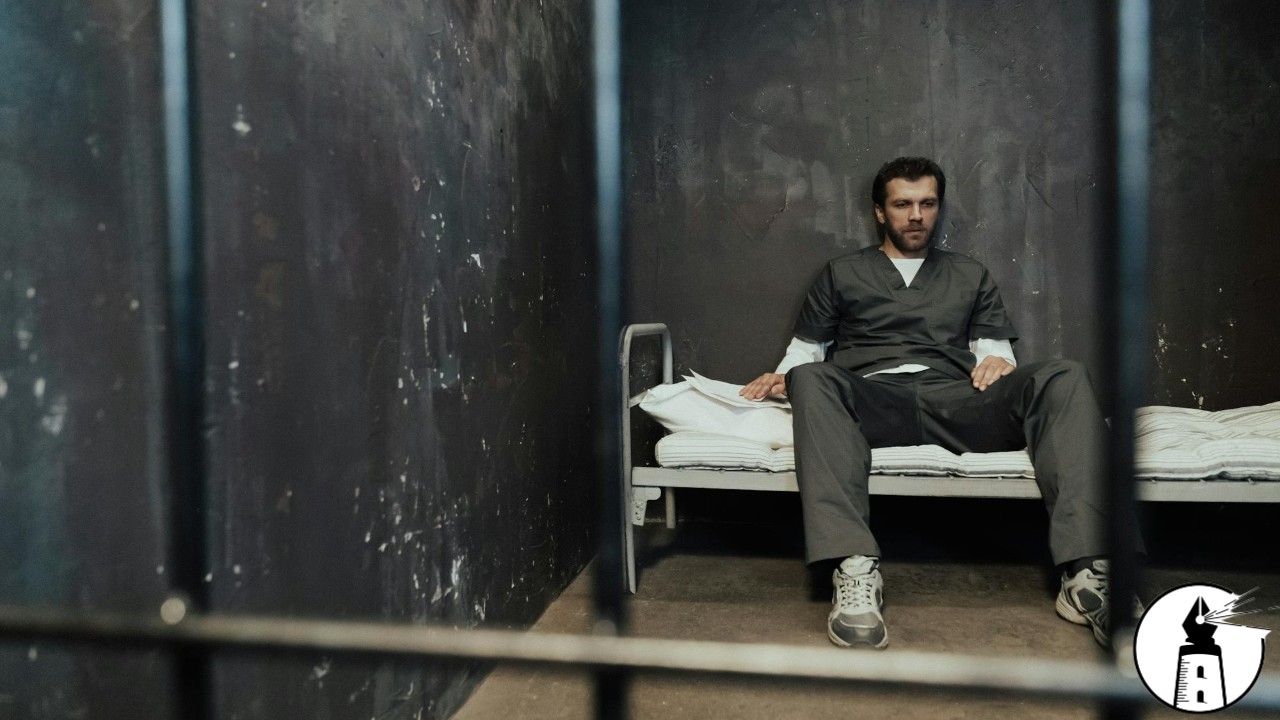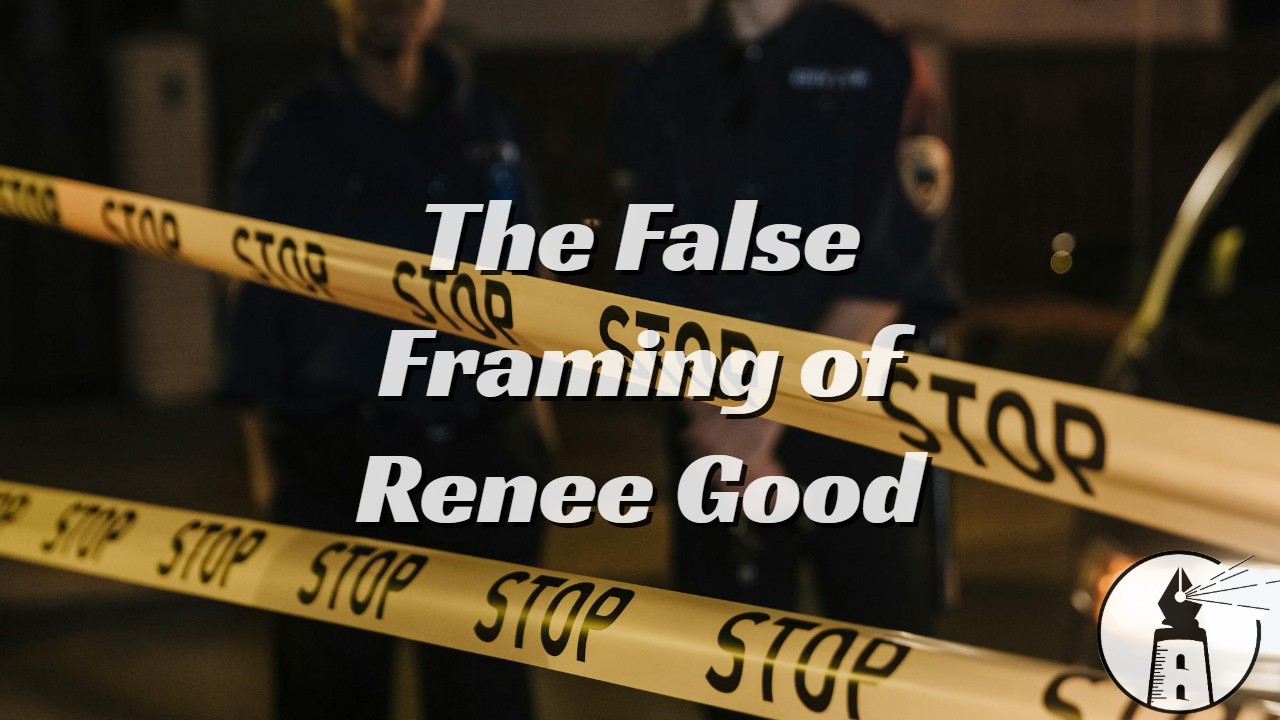A politically motivated double homicide and attempted double murder in Minnesota has drawn national attention, not only for its brutality but for the methodical nature of the attack. Authorities say 57-year-old Vance Luther Boelter targeted elected officials in what federal prosecutors are now describing as politically motivated assassinations.
Boelter is accused of fatally shooting state Representative Melissa Hortman and her husband, Mark, at their home in Brooklyn Park. Earlier that morning, he allegedly shot state Senator John Hoffman and his wife, Yvette, at their Champlin residence. Both survived and are recovering from surgery.
Law enforcement officials state that Boelter impersonated a police officer, arriving at victims’ homes in a vehicle outfitted with emergency lights and police-style markings. He wore tactical gear and a hyperrealistic silicone mask. According to a federal affidavit, he used deception to gain access, announcing himself as law enforcement before forcing entry and opening fire.
In addition to the homicides and attempted homicides, Boelter is facing federal charges including stalking and firearms violations. He is also charged at the state level with two counts of second-degree murder and two counts of second-degree attempted murder. Authorities anticipate that a grand jury will elevate the charges to first-degree murder, which carries a mandatory life sentence without the possibility of parole in Minnesota. Federal prosecutors have prepared additional charges that could include terrorism, which would open the possibility of the death penalty under federal law.
Boelter’s vehicle, abandoned outside the Hortman residence, contained notebooks detailing surveillance of more than 40 public figures. Officials say the list included current and former elected officials, abortion rights advocates, and healthcare workers. Notes described family details, residential layouts, and suggested points of entry. Both Rep. Hortman and Sen. Hoffman were listed, along with U.S. Sen. Tina Smith, U.S. Rep. Ilhan Omar, and Minnesota Governor Tim Walz.
Investigators allege Boelter conducted surveillance in the days leading up to the shootings and attempted to reach at least two other lawmakers the same night. One was not home at the time; in another case, an officer noticed Boelter’s parked vehicle but did not initially realize he was the suspect. When police later confronted Boelter outside the Hortman home, he reportedly fired at them before fleeing on foot.
The manhunt that followed has been described as the largest in Minnesota history, involving 20 SWAT teams, helicopters, drones, and infrared tracking. Boelter was ultimately captured in a wooded area near his Green Isle home after a neighbor spotted him on a trail camera. He was armed but surrendered without incident.
Authorities continue to examine Boelter’s background. While he described himself online as a security professional and international entrepreneur, multiple investigations suggest that these claims were exaggerated or fabricated. Boelter worked primarily in food service and later for a funeral home transport company. He and his wife operated a security firm called Praetorian Guard Security Services, which appears to have had no verifiable clients. Records show he once served on Minnesota’s Workforce Development Board, where he may have had professional overlap with Sen. Hoffman.
Boelter was also active in evangelical circles and had delivered sermons during a 2023 trip to the Democratic Republic of Congo. In one sermon, he criticized American churches for not opposing abortion strongly enough. Friends described him as conservative and religious, but not overtly political. However, investigators have confirmed that both victims were public supporters of abortion rights and that flyers for the “No Kings” rally were found in Boelter’s vehicle, indicating possible ideological motivations.
After the shootings, Boelter reportedly withdrew cash, attempted to purchase a car and an e-bike, and sent farewell messages to family and friends. In one message, he wrote that he had “gone to war” and warned his wife that armed law enforcement would be coming to their home.
A search of Boelter’s wife’s vehicle turned up two handguns, $10,000 in cash, and passports belonging to her and her children. Authorities have not indicated whether she or any other individual is suspected of assisting in the planning or execution of the crimes.
At his first federal court appearance, Boelter stated he had approximately $20,000 to $30,000 in bank accounts and requested a public defender. He remains in federal custody, with a combined preliminary and detention hearing scheduled for June 27.
Law enforcement agencies at both the state and federal level continue to investigate the full extent of Boelter’s planning, potential ideological motivations, and whether he intended to carry out additional attacks. While no motive has been officially confirmed, the facts presented so far indicate significant premeditation and politically targeted violence against elected officials.
One of the most alarming aspects of the case is the use of false authority. By impersonating a police officer, Boelter exploited public trust in law enforcement to gain access to victims. This tactic, combined with tactical gear and surveillance methods, transformed his perceived legitimacy into a deadly deception.
His background also reveals a striking disparity between his self-presentation and reality. Boelter portrayed himself as a highly trained operative with international experience. In truth, he had spent decades in the food service industry, recently working in funeral home transport. The stark contrast between fantasy and reality may have contributed to a desire for recognition, control, or relevance.
The methodical nature of the attacks further distances this case from crimes of passion or impulse. Notes recovered from his vehicle documented detailed surveillance, including residential access points, family compositions, and the political positions of targeted individuals. The targeted officials were all Democrats, many with public stances on abortion and social issues, which investigators suggest may have informed his selection of targets.
Religious and ideological views may have played a role. Boelter’s recorded sermons include criticism of American moral decline and vague references to cultural confusion. While he did not publicly advocate violence, his writings and recorded statements demonstrate a worldview in which political or moral opponents were viewed as existential threats.
The case of Vance Luther Boelter presents a disturbing example of how fantasy, grievance, and ideology can intersect with real-world violence. While his motivations remain under investigation, the pattern of behavior leading up to the attacks points to a prolonged process of radicalization and planning.
This incident underscores several systemic vulnerabilities, the ease of acquiring tactical equipment, the potential for individuals to convincingly impersonate law enforcement, and the lack of early detection despite a growing body of red flags. As investigations continue, this case will likely prompt broader questions about political safety, law enforcement impersonation, and the unchecked spread of conspiratorial thinking and violent intent.
While Boelter may have acted alone, the conditions that allowed his actions to escalate remain deeply concerning. The threat did not emerge suddenly. It built over time, in notebooks, false identities, and fantasies of power, until it became a reality that claimed lives and left lasting trauma in its wake.
—By Greg Collier



